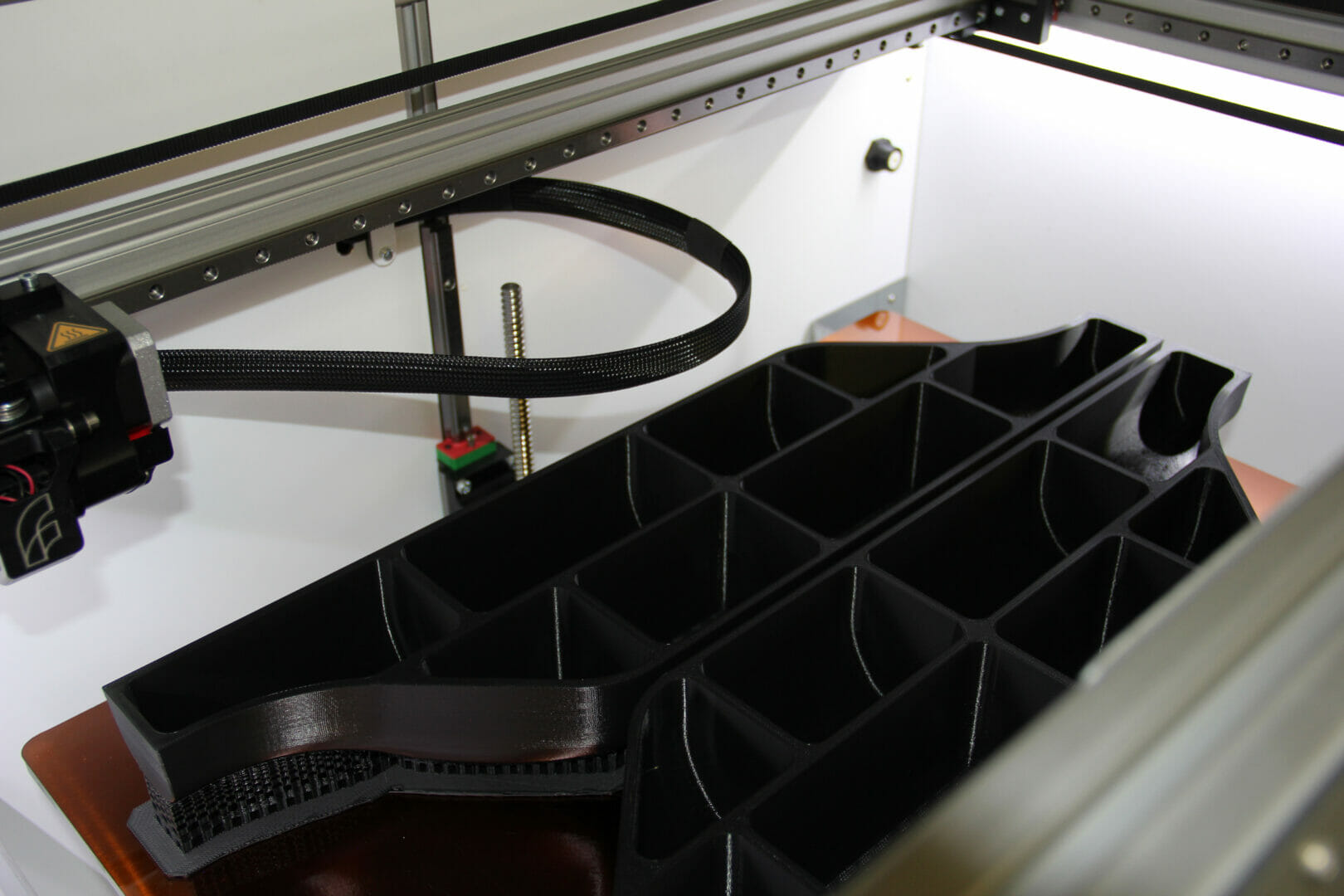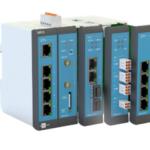(November 8th 2019; IJsselstein, The Netherlands) FELIXprinters will be showcasing its impressive range of industrially-oriented additive manufacturing (AM) platforms at Formnext 2019 which is being held 19-22 November in Frankfurt, Germany.
FELIXprinters (Booth A66, Hall 12.1) has ironed out a niche for itself as the provider of industry’s most affordable, accurate, repeatable, easy-to-use, and upgradeble AM platforms, and comes to this year’s Formnext with a lot to show and a lot to discuss with attendees.
Building on its recent success at the TCT Exhibition in October, the FELIX booth continues the theme of “Going Dutch”, which will be obvious to visitors as they will see a moving windmill, mini-clogs, and iconic coloured tulips all created in FELIXprinter’s machines. The company is extremely proud of its Dutch heritage, and underpinning every platform that it sells is the fact that it is hand-made in Holland, and exemplifies the characteristic quality of Dutch engineering in general.
Guillaume Feliksdal, co-founder of FELIX says, “While we are having a bit of fun with the ‘Going Dutch’ theme, visitors to our booth will see that our machines are serious industrially focussed AM solutions, and there will be a number of parts on display that show how well adapted our technologies are to complex industrial applications. Everything about FELIX rotates around quality, and we have strict quality controls in house that ensure that once a printer is delivered it works perfectly from the get go. For example, each machine passes a stringent 24 hour quality test at our HQ before it is boxed and released, and we pride ourselves on the fact that all our platforms out perfiom any similarly priced alternatives in terms of robustness, accuracy and repeatability, all of this down to our absolute focus on quality”.
FELIXprinters has an impressive array of AM platforms, and front and centre at Formnext will be the Pro L and Pro XL larger build envelope machines that have been making quite a stir in recent months, and which have been independently reviewed as being the only commercially available AM platforms that can rival the industry-standard Ultimaker machines.
Co-founder Wilgo Feliksdal continues, “We will have a Pro XL working on the booth, so visitors will be able to see the superior nature of the machine, and the impressively sized 144 litre build space. The Pro L and XL machines are extremely versatile, appropriate for numerous industrial end-use applications, and they are synonymous with strength, robustness, and quality of build. We feel that once manufacturers see this machine in action they will be re-assured that against any alternative, the Pro L and XL measure up extremely well, and out-perform any alternatives in all important areas.”
Also on the booth, FELIXprinters will be showcasing the soon to be released FELIX BIO printer. For the first time at Formnext it will be available for pre-order, with a 1-2 month lead time for delivery, and will be available from stock from the beginning of 2020.
The FELIX BIO printer has been developed on the chassis of the established FELIXprinters product line, meaning that at its heart is the tried and tested technology that has already been serving manufacturers for years. The printer is characterized by key features that are specifically designed for medical, scientific, and research applications, including syringe cooling, print bed cooling and heating, a dual head system, easy syringe positioning (ergonomic access to the machine supports researchers in their work), and automatic bed levelling. The BIO printer has already been used at the Technical University of Denmark (DTU) to print optical waveguides to trigger optogenetically modified dopaminergic neural stem cells.
Guillaume Feliksdal says, “The printer has a flexible, adaptable ecosystem that will meet the wide range of researchers’ needs. One major advantage is the source control system which enables the user to use standard slicing software and make changes themselves if needed. Syringes are not restricted to expensive brand-specific or in-house produced products that essentially drive up operating costs. The machine instead has been designed to use a standard 5ml syringe, and standardized petri dishes and culture plates, so there are no limitations on auxillary parts and materials.”
The FELIX BIO has retraction capability, which is not possible with alternative air pressure systems, even when it is required to control liquid flow. The FELIX BIO can retract with a highly precise motor, which also allows for better dosage of materials and more accurate material flow.
Wilgo Feliksdal continues, “We have followed strict sterilization protocols when designing the FELIX BIO, and users will benefit from the fact that print heads are easy to sterilize, which eliminates the likelihood of contamination. Print heads are also modular units that can be easily changed, and separate heads are available as accessories for quick change over to different materials. The FELIX BIO also has a unique probing system, which results in a perfect first layer, which in turn leads to accurate printing results. The bed levelling system is not dependent on which nozzle is used because the probing is done with the nozzle being used actually against the print surface.”
The FELIX BIO is appropriate for all types of bio-printing research, and is equipped with strong motors that can extrude a range of different viscosity of materials. It will be showcased alongside the company’s Tec 4, Pro 3 Touch, and Pro L and XL machines at Formnext.
Why not visit the FELIXprinters booth, and discuss with our expert team the ways in which the company works with its customers to ensure best-fit solutions for specific industrial applications.





